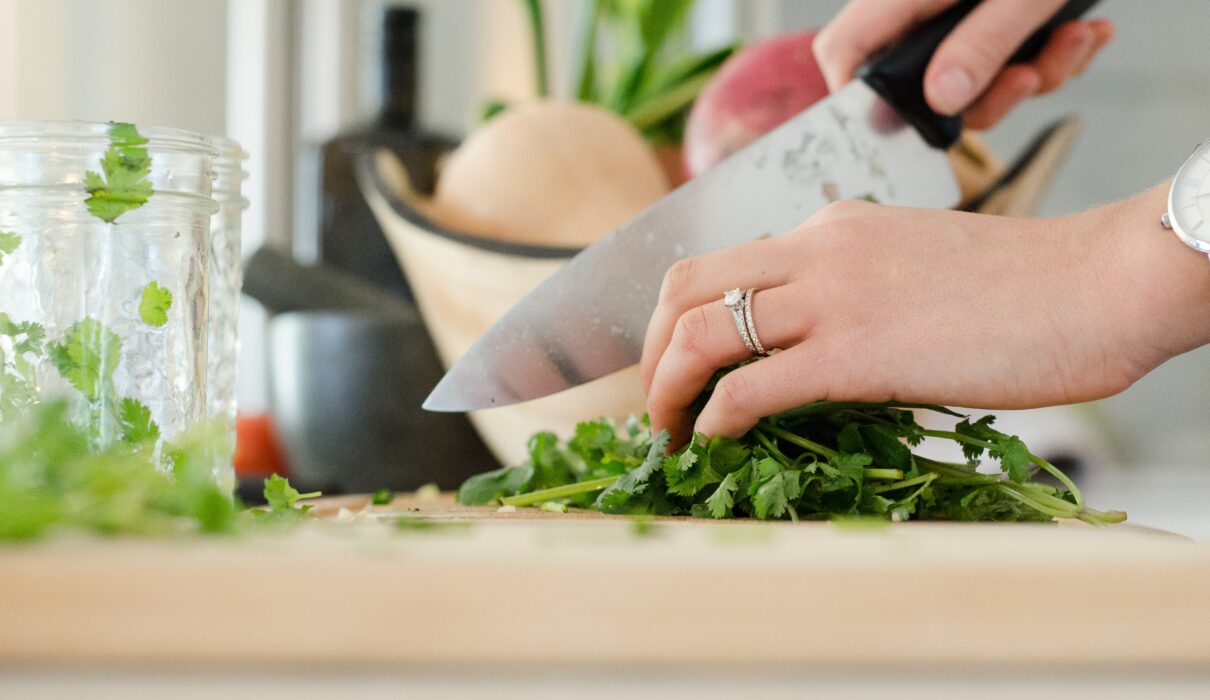In Australia, bowel cancer is pretty common, ranking as the third most widespread type of cancer. While it is treatable in its early stages with the help of a colorectal surgeon, it is often fatal in its later stages. So, it’s important to know that some things can make you more likely to get it – and while you can’t change some, there are things you can do to lower your risk. Here’s some advice from a leading female surgeon who is a colorectal surgeon in Melbourne.
Things You Can’t Change:
- Age: If you’re 50 or older, you’re at a higher risk.
- Sex: Men have higher incidence of colorectal cancer than women.
- Ethnic Background: Some ethnic backgrounds have a higher risk, but it’s not something you can control.
- Family History: If someone in your family had bowel polyps or cancer, especially a close family member, it increases your risk.
- Inflammatory Bowel Diseases: If you have conditions like ulcerative colitis or Crohn’s disease, your risk is higher.
- Inherited Syndromes: Certain inherited conditions, like Lynch syndrome or Peutz-Jeghers syndrome, can increase your risk.
Things You Can Change:
- Exercise: Moving your body regularly helps your digestion, keeps a healthy weight, and lowers the chance of getting bowel cancer. Try to get 30 to 60 minutes of exercise every day.
- Weight Control: Keeping a healthy weight for your age, height, and background is a good way to lower your risk. Having too much body fat can make things in your body grow in a way that might lead to bowel cancer.
- Quit Smoking: Smoking increases your chances of getting bowel cancer, and the longer you smoke, the more your risk goes up. If you’re trying to quit, your doctor can help, or you can call Quitline for support.
- Limit Alcohol: Drinking a lot of alcohol makes your risk higher, so it’s good to cut back or stop drinking.
- Healthy Eating: Eating well is a big part of staying healthy. Try not to eat too much red meat and avoid processed and cured meats. Cook your food at lower temperatures to avoid making things in the meat that could increase your risk. Eat more fibre by having whole grains, fruits, vegetables, and legumes. Try to follow the Australian Dietary Guidelines, which suggest five servings of veggies and two servings of fruit each day.
Being Aware and Getting Checked
In Australia, almost all cases of bowel cancer can be treated if they’re found early. But because not everyone shows signs, there are tests you can take. If you have any of these symptoms for more than two weeks, see your doctor or colorectal surgeon in Melbourne:
- Blood in your stool or bleeding from your bottom
- Pain or swelling in your belly
- A recent and lasting change in how your bowels work
- Pain or a lump around your anus or rectum
- Feeling like your bowels don’t empty completely
- Suffering from chronic constipation
- Unexplained tiredness (from having too few red blood cells)
- Polyps in your colon
When to Start Checking
- Start screening with a colonoscopy at age 45
- If you’re younger and someone in your family had bowel cancer when they were 55 or older, you should speak to a colorectal surgeon in Melbourne about early screening. Remember, you can ask for a female surgeon if this puts you more at ease.
In a nutshell, taking care of your health and reducing your risk of bowel cancer involves making some lifestyle changes. Stay active, eat well, and be aware of your body. Screening tests can catch potential issues early, making it easier to treat and increasing your chances of staying healthy. It’s all about looking after yourself and taking steps to prevent bowel cancer from affecting your life.
Find the right colorectal surgeon in Melbourne for you
Remember that the most crucial factor is selecting a skilled and experienced colorectal surgeon in Melbourne who can provide the highest quality of care, as well as guidance on preventing colon cancer. Don’t be afraid to ask for a male or female surgeon – remember, your health takes top priority!


